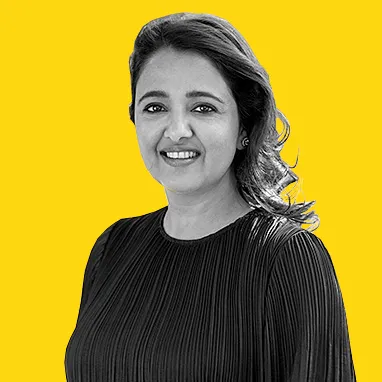Little research explores the specific effects of attention deficit hyperactivity disorder (ADHD) on adult women. Children, adolescents, and men are more often the focus of research. Even in children, studies show that boys more often get an accurate diagnosis than girls.
Gender bias and overlooked ADHD symptoms may have something to do with these differences. Girls tend to show less “hyperactive” behavior than boys do. Most studies happen to focus a lot on those hyperactive ADHD patterns that are more common in males. When young girls’ ADHD symptoms go undiagnosed, the problems may continue into adulthood. Without treatment, ADHD can affect your overall quality of life.
ADHD Signs and Symptoms in Adult Women
Most women with ADHD get an accurate diagnosis in their late 30s or early 40s. Experts say there could be several reasons behind the late diagnosis.
It could be that parents, teachers, or pediatricians miss ADHD symptoms and behaviors in young girls because they aren’t obvious. It’s also possible that doctors diagnose girls and young women with other mood disorders like anxiety or depression rather than ADHD. Some new research also suggests that women may develop ADHD symptoms later in life. But scientists say they need more research to prove it.
Symptoms and signs of ADHD in adult women can include:
- Difficulty with time management
- Disorganization
- Feeling overwhelmed
- History of anxiety and depression
- Difficulty with money management
ADHD can run in families. If you have undiagnosed ADHD, you’re more likely to notice your own symptoms if your child or sibling gets a diagnosis. It’s also not uncommon for women with ADHD to have other problems at the same time such as compulsive overeating, chronic lack of sleep, or drinking too much alcohol.
Impact on Day-to-Day Life
Studies show that women with ADHD tend to have very low self-esteem. They also seem to have more emotional and psychological distress compared to adult men with ADHD.
Depending on the severity of their condition, some women manage to hide their symptoms to avoid shame and rejection. Other women with ADHD may feel like their lives are in utter chaos. This can affect the whole family since statistics show that women are typically in charge of caring for the home and children.
Poor coping strategies can take a toll on your day-to-day life and magnify your struggles. For instance, you may find that it’s hard to keep up with the demands of your job, cook regular meals for your family, or stay on top of other household tasks. You might feel like you’re always trying to catch up, which can lead to chronic stress and exhaustion.
If these symptoms sound familiar to you, talk to a doctor or a therapist about it.
Treatment Options
For adults with ADHD, unlike children, the first treatment is medication rather than therapy. Medicine can’t cure ADHD, but it may ease your symptoms and make your day-to-day life easier.
ADHD medications are called psychostimulants. They directly affect the brain molecules that control your attention and behavior symptoms. Two of the most common stimulants are:
- Methylphenidate (Concerta, Daytrana, Focalin, Focalin XR, and Metadate)
- Amphetamines (Adderall and Vyvanse)
Doctors may give you different low-dose drugs to try for 3 to 7 days until they figure out which one works best for you. They will also take into account your other health conditions when choosing the right medications for you. Tell your doctor about any other conditions you have and medications you take, including over-the-counter drugs, herbals, and supplements.
Besides drugs, your doctor may also prescribe a combination of treatments that include psychotherapy, stress management, and other ADHD-focused coaching to teach you coping strategies, self-esteem, and life-management skills. The need for these depends on your specific symptoms and situation.
If you’re a mother with ADHD, you may benefit from therapies like parent training. This can help you better manage your responsibilities to your children. You can also join a support group to connect with others who understand what you’re going through. Groups may also improve the social skills necessary for your daily life.
If you struggle to keep up with the demands of your job, you can talk to a career counselor who understands ADHD. They may help you work on your strengths to better manage your performance at work.
More Research Is Necessary
As more and more adult women seek treatment and diagnosis for ADHD, scientists say they need more studies that look at gender differences in the condition.
For example, some experts believe female hormones play a role in the ADHD symptoms of young girls and women. Females may need other forms of treatment than what boys or men need. Many girls also are raised to behave differently from boys. This could make them express their ADHD symptoms in other ways.
Ultimately, experts say more research can help them identify, diagnose, and treat ADHD symptoms early in young girls and women. That early intervention is key to better management of the condition in the long run.
